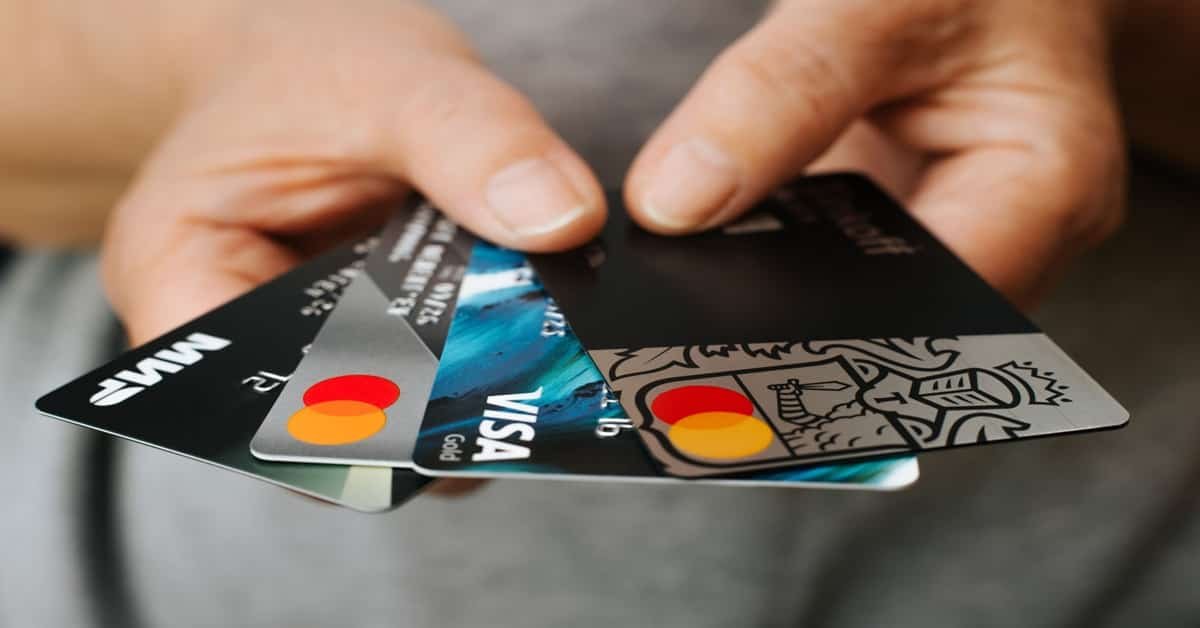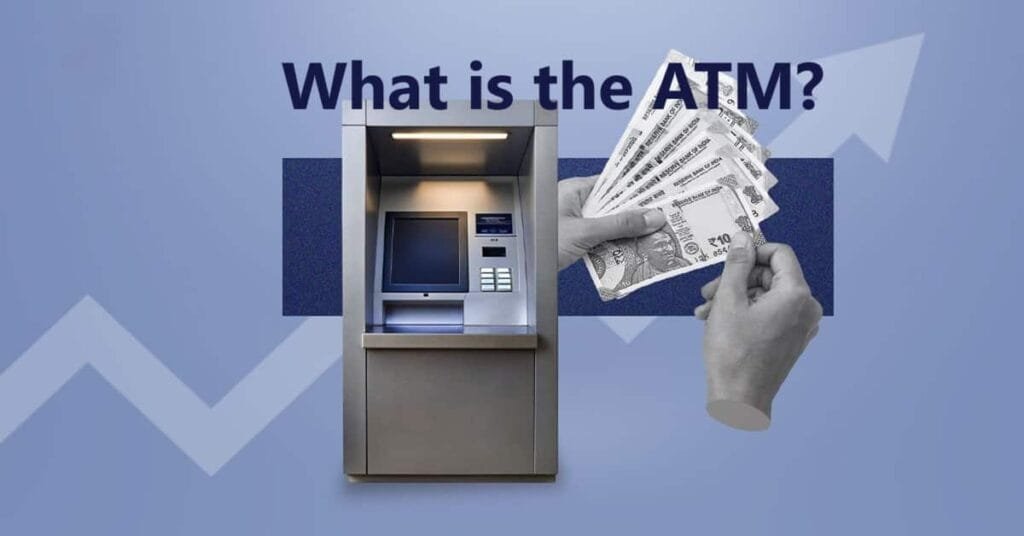A Visa card is a type of payment card that operates on the Visa payment network, one of the largest and most widely accepted electronic payment systems in the world. Here’s an overview of what a Visa card is and its key features:
Overview of Visa Card
1. Types of Visa Cards
- Credit Cards: Allow users to borrow funds up to a certain limit for purchases and pay back over time with interest.
- Debit Cards: Linked directly to a checking or savings account, allowing users to spend only the available funds.
- Prepaid Cards: Users load money onto the card in advance; they can only spend what has been preloaded.
- Business Cards: Designed for business expenses, offering features catering to business needs.
2. Acceptance
- Visa cards are widely accepted globally, from retail locations to online merchants, making them a convenient choice for both domestic and international transactions.
3. Key Features
- Security: Visa includes robust security features, such as encryption technology and fraud detection systems. Programs like Visa Secure offer extra protection for online transactions.
- Rewards and Benefits: Depending on the issuing bank, Visa cards can come with various rewards programs, including cash back, travel rewards, or points for purchases.
- International Use: Visa cards can be used for transactions in many countries, and many cards offer features like no foreign transaction fees.
- Consumer Protections: Visa offers several protections, such as zero liability for unauthorized transactions, meaning you are not held responsible for fraudulent purchases if you report them promptly.
4. How to Get a Visa Card
- To obtain a Visa card, you can apply through banks, credit unions, or online financial institutions. The approval process typically involves a credit check and assessment of financial history.
5. Interest Rates and Fees
- Visa cards may have various interest rates and fees, including annual fees, late payment fees, and cash advance fees. These terms will depend on the card issuer.
Here are some frequently asked questions (FAQs) about Visa cards, along with concise answers to help clarify common concerns:
Visa Card FAQs
1. What is a Visa card?
A Visa card is a payment card that allows you to make purchases using the Visa payment network. It can be a credit card, debit card, or prepaid card.
2. How do I apply for a Visa card?
You can apply for a Visa card through banks, credit unions, or online financial institutions. Typically, you will need to fill out an application and provide personal and financial information.
3. What are the different types of Visa cards?
The main types include:
- Visa Credit Card: Borrow funds up to a limit to pay for purchases.
- Visa Debit Card: Linked to your bank account, spending available funds only.
- Visa Prepaid Card: Preloaded with funds that can be spent until depleted.
- Visa Business Card: Designed for business expenses, offering specific features for businesses.
4. Where can I use my Visa card?
Visa cards are accepted at millions of merchants worldwide, both in-person and online. Always check with individual merchants if you’re unsure.
5. What fees are associated with Visa cards?
Fees can include annual fees, foreign transaction fees, cash advance fees, and late payment fees. The exact fees depend on the card issuer and the specific card.
6. What should I do if my Visa card is lost or stolen?
Immediately contact your card issuer to report the loss or theft. They will block the card to prevent unauthorized use and may issue a replacement card.
7. How does Visa protect against fraud?
Visa offers various security features, including fraud monitoring systems and zero liability for unauthorized transactions, meaning you’re not responsible for unauthorized charges if reported promptly.
8. Can I use my Visa card internationally?
Yes, Visa cards are widely accepted internationally. Some cards offer features like no foreign transaction fees, but always check your specific card’s terms.
9. What are the interest rates on Visa credit cards?
Interest rates can vary significantly based on the card issuer and your creditworthiness. Review the card’s terms before applying to understand any potential rates.
10. Can I earn rewards with my Visa card?
Many Visa cards offer rewards programs such as cash back, points, or travel miles, depending on the card issuer. Check with your bank for specific rewards available with their Visa cards.
11. What is the credit limit on a Visa card?
The credit limit varies based on your creditworthiness, income, and the card issuer’s policies. When you apply, your issuer will evaluate your financial history to determine your limit.
Conclusion
Overall, Visa cards offer a convenient and secure way to make purchases, manage expenses, and access credit or funds. By comparing the specific offerings from different banks and financial institutions, you can find a Visa card that best meets your needs.


